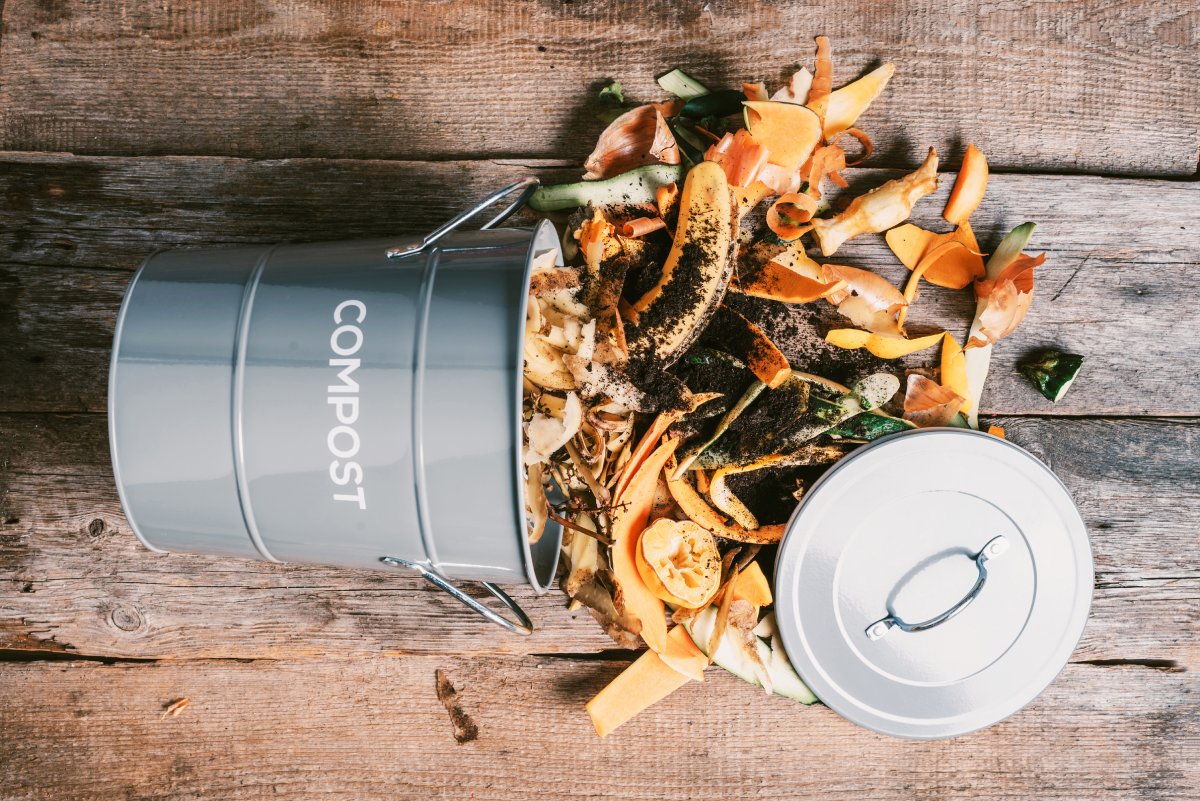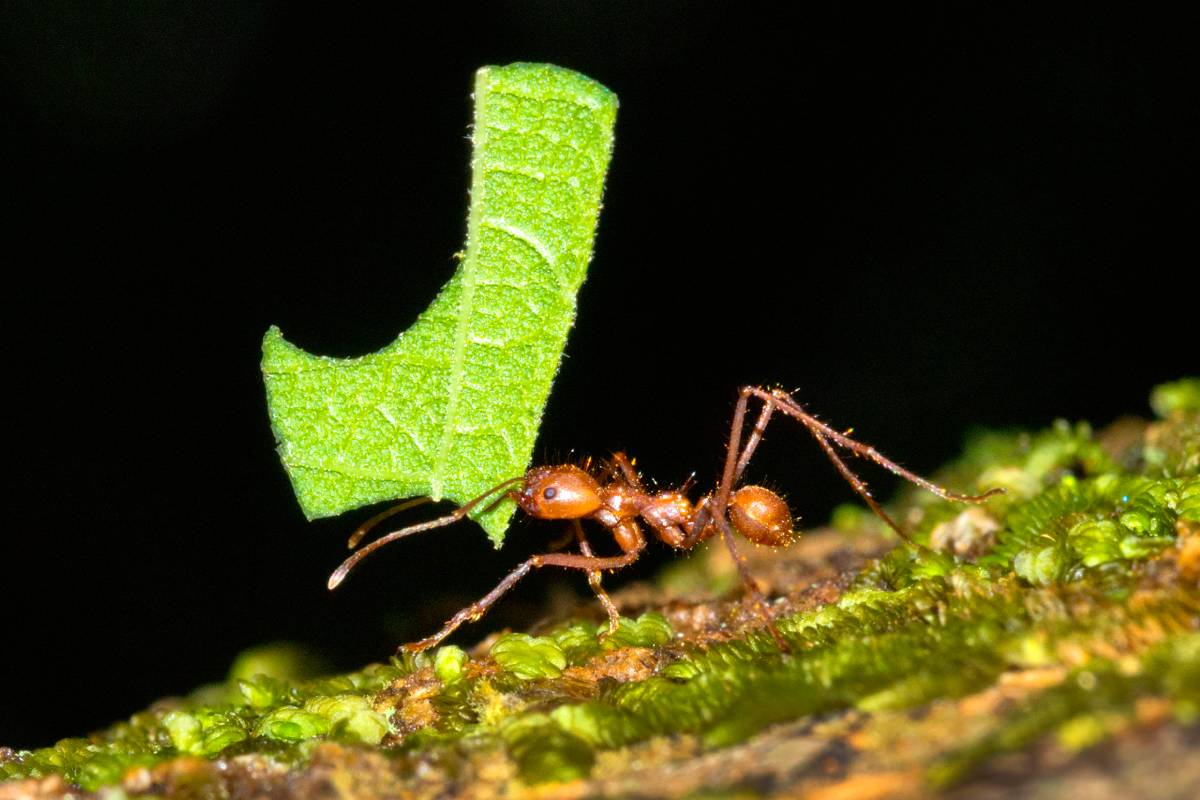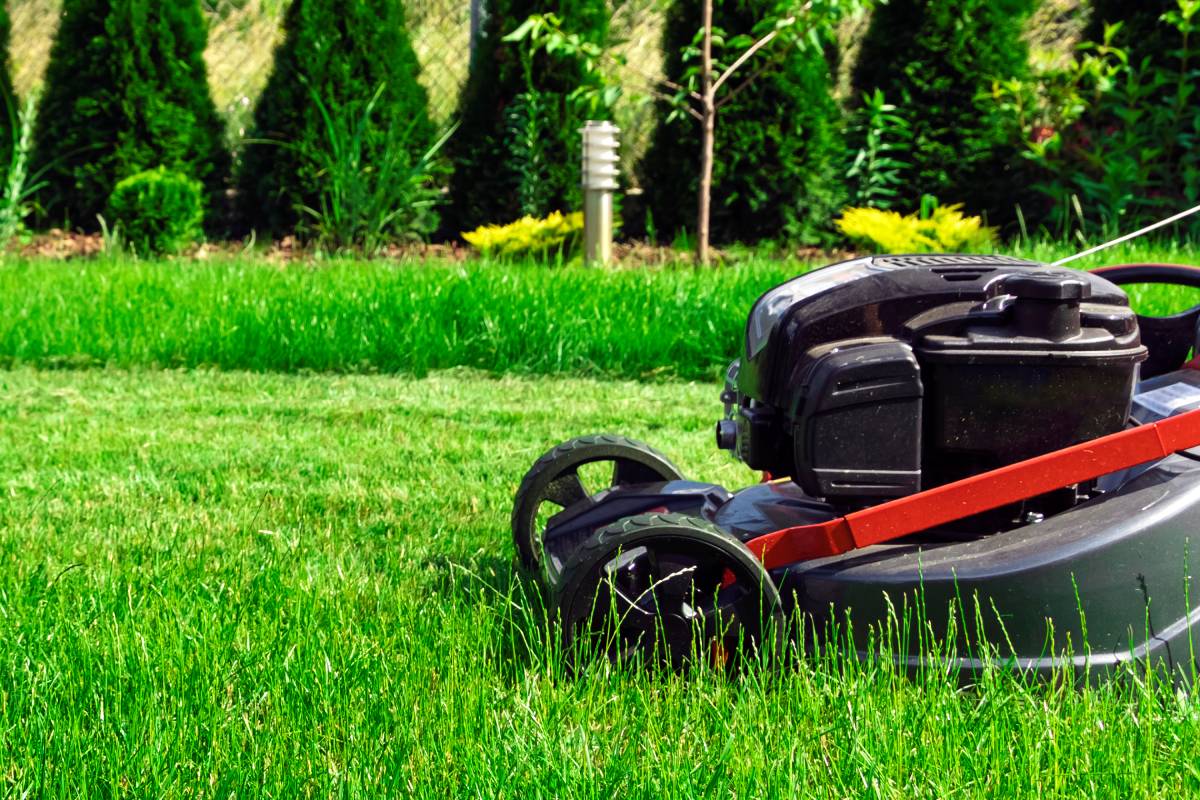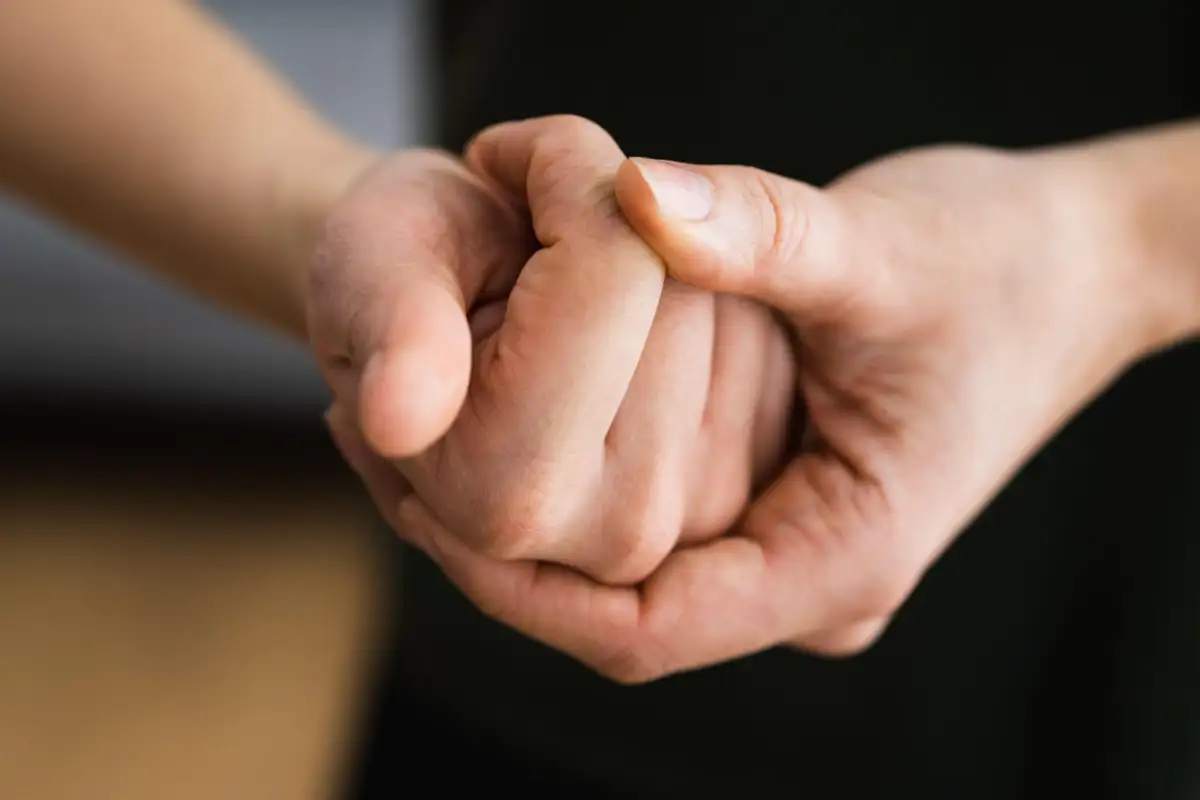We know that we should all try and do our bit for the environment, and recycling and composting are fantastic ways to do this in our own homes, offices, and lives. There is an energy crisis, rising costs of materials and goods, and all of the other issues adding up to trouble across the world. Choosing to start recycling and composting can help you save money, reduce your waste, and help the planet at the same time. Here we will talk about why you should get started and what might well occur if you don’t.
Why is it important to recycle and compost?
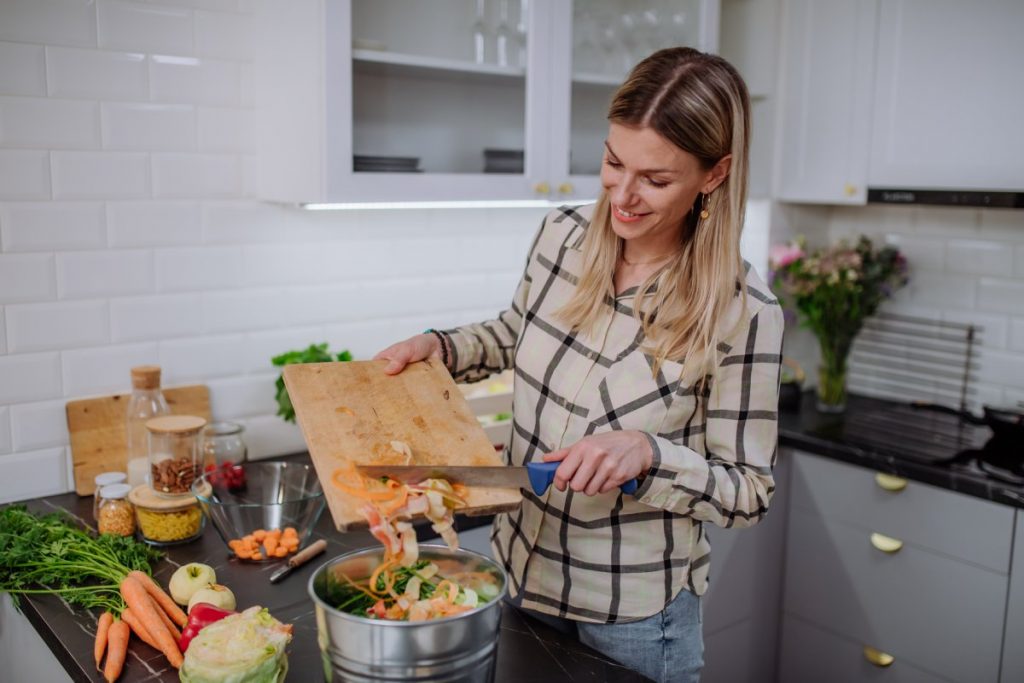
The key reason it is important to recycle and compost is because it conserves raw materials. Getting at new raw materials involves digging, drilling, quarrying or logging. All of these means are expensive, take time and resources themselves, and are worse for the environment than reusing the materials we already have. They also add huge amounts of pollution to our air and water, all of which are unnecessary if we concentrate on using and reusing the same products and materials.
If we cut down on the amount of raw materials we have to go out and extract from the environment, we will also leave more natural beauty out there to be enjoyed. We will also mess less with ecosystems and be able to keep more trees that are sucking in some of the massive amounts of CO2 that we contribute to the air. These are all great reasons to recycle and compost more.
Recycling is one way to cut down on our emissions, save energy and reduce the amount of waste being thrown into landfills each year. Our rubbish is growing to alarming proportions, and anything we can do to cut down on this is great for the environment and for us. By separating out your recyclables from your trash and even reusing products like plastic bags around the home, you can make an impact and do your part for our planet.
Is composting more important than recycling?
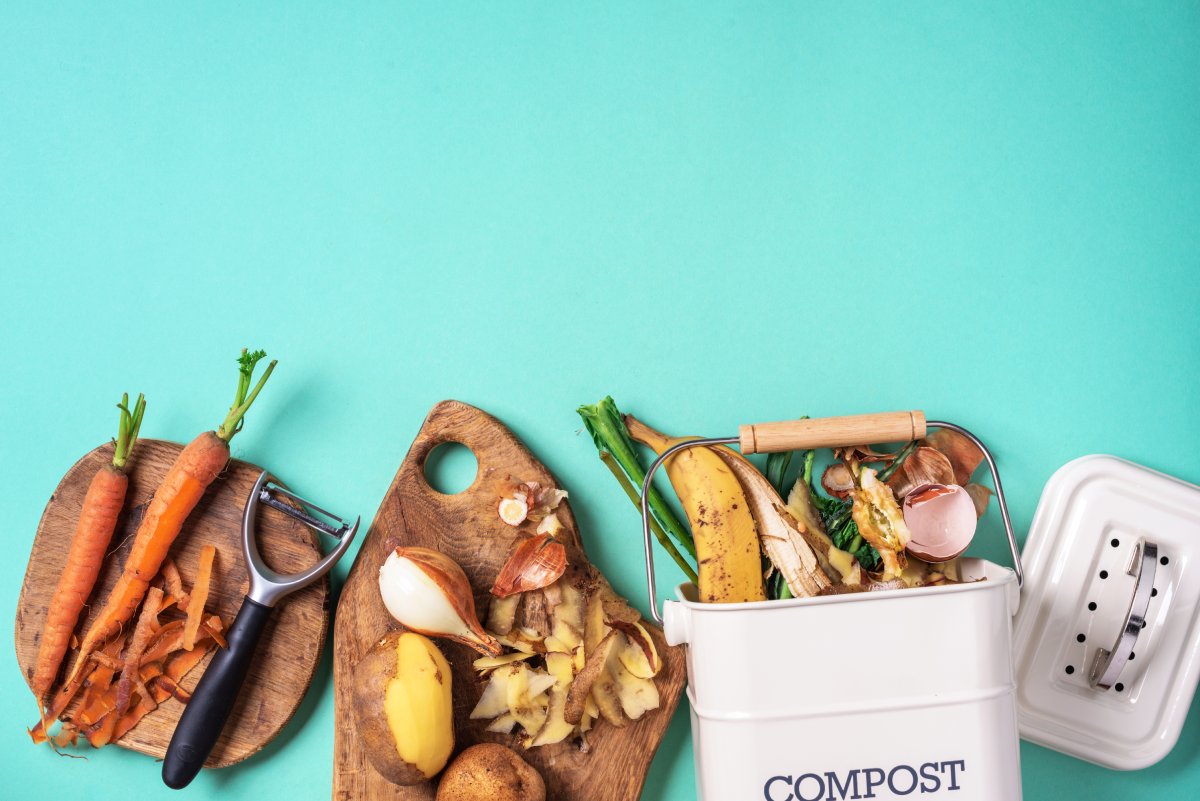
Composting is the process where you turn material that will decompose, for example, food scraps, garden waste and many other organic materials, into fertiliser. This occurs quite naturally over time, though the kind of composter you have will determine how long it will take. It will also impact whether you keep adding matter all the time, or leave a certain amount in for a day or two to completely change before continuing with a new batch of waste.
Composting is something that you can do at home to make a huge dent in your household waste and gain in healthy plants and even fruits and vegetables at the same time. Around 25% of all rubbish thrown away by families each year is made up of food, and as much as 60% is arguably organic and could be composted; a massive amount of space is taken up in landfills and in garbage trucks that could be better used.
You will also see a bigger impact in your own home by choosing to compost. You can reduce your own waste and carbon footprint while also creating rich and wonderful fertiliser. You can then use this to create a healthy and fruitful garden. More and more people are composting both for the environmental impact and to turn old food scraps into food for new plants in their gardens. You can grow your own lunch or dinner saving money and again reducing your carbon footprint by keeping things local.
It is not only good for your waste reduction, however, composting is also good for your soil pH and all around health of your garden. By replacing chemical fertilisers with your own home-grown natural compost, you are reducing the chemicals in the soil and keeping your fruits and vegetables organic and naturally good.
You can also compost by separating out your own organic matter to be composted elsewhere. This supports the local business that does it and ensures that local farmers have a good supply of compost for their crops. When they can get compost locally it again reduces the cost and environmental impact of shipping in fertiliser from afar and keeps your local area less polluted and full of good nutrients to pass into your food chain.
Compost improves soil quality, helps prevent erosion and conserves water too. With all these reasons and more you can see why composting is the ultimate way to reuse and recycle.
What will happen if we don’t compost and recycle?
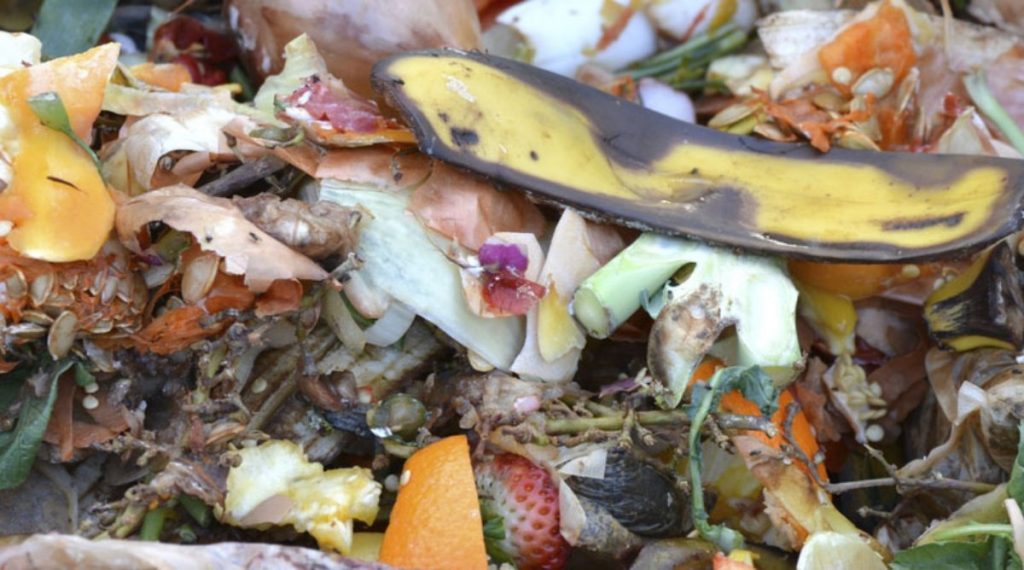
There are many negative outcomes to not composting and recycling, some of which we are already seeing in place. Landfills will overflow and that rubbish will eventually impact our health as it reaches water supplies and causes disease. There will be larger and larger amounts of pollution in both the air and the water, and more habitats will be destroyed as we search for more raw materials in more places.
Soil quality will go down, erosion will get worse and lead to flooding. More chemicals will find their way into our food and bodies as farmers are forced to use chemical fertiliser instead of natural compost. There really are a million reasons to recycle and compost and so many downsides if we choose not to take this step now.
Conclusion
To Recap:
- It is important to recycle as it reduces the need to extract more raw materials from the Earth, destroying habitats, using energy and causing pollution with each mine or quarry.
- Recycling will cut down on the amount of rubbish being dumped into landfills which will soon overflow if we don’t act now.
- Composting is perhaps the best thing you can do to reduce your carbon footprint and help the environment today. There are huge amounts of waste being thrown out every day that could be composted instead, adding value instead of being more rubbish in a landfill.
- Composting is good for the soil, the air and the water around us, and for local businesses and your own garden too.
Make sure that you are doing your part to help the environment and yourself by recycling and composting today.

